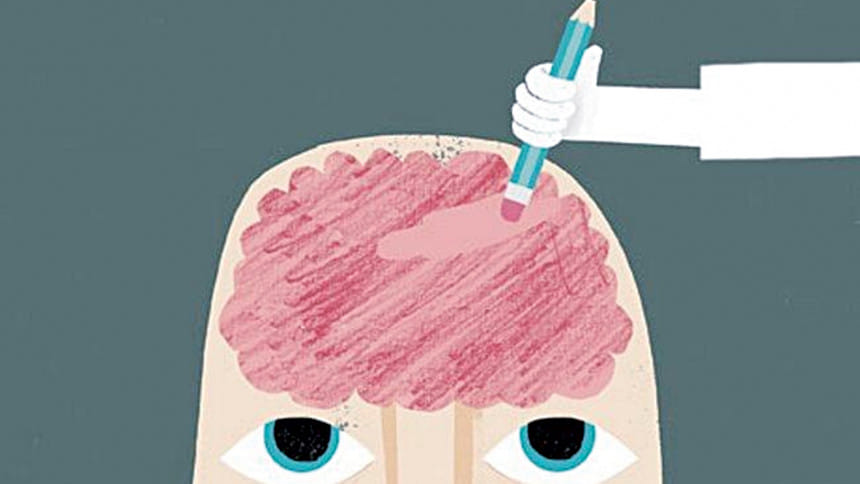Is the Internet Making Us Forget Stuff?

"Raise your hand if you can share some interesting facts about Nordic countries," the Professor declared, minutes after entering the class.
I instinctively raised my hand upon hearing the term "Nordic", because I remembered reading a great article on the countries of northern Europe two days ago. With the Professor's signal, I stood up to share my knowledge with the rest of the class. I froze.
I realised that even though the article was full of information and I enjoyed reading it, I didn't bother remembering the facts, partly because the link will always be available on the Internet so I can just come back later, but mostly because I was continually distracted due to my online multi-tasking: switching between reading, googling things that needed a second look, and checking my Facebook feed for no good reason.
It is very easy to get lost within the ocean of information available on the Internet, but very difficult to retain the stuff we actually need. That's because our short-term memory and long-term memory function quite differently.
Our short-term memory is of limited capacity which is exposed to the constant bombardment of information from the real world and unless the information is transferred to our long-term memory, we tend to forget them. However, once our long-term memory retains the information, we become capable of not only recalling, but also of innovation and critical thinking. But this transfer requires effort: concentration and time. Distractions only hinder this transfer and cause us to lose information.
Research has found that instead of relying on our memory, if we tend to rely on smart devices to remember the information for us, it is more likely that we will forget it ourselves. Another study suggests that taking too many photos of our memorable moments negatively affects our ability to remember the details, which was termed as the photo-taking-impairment effect. Hence, it is no exaggeration to say that the Internet and technology are influencing our memory, particularly on our short-term memory.
However, there is no scientific evidence that the extensive use of technologies deters our learning capacity.
So, if we cannot recollect a specific thing at a particular moment, it is not because our memory has failed us, rather it is more likely that we didn't pay enough attention to retain that piece of information into our long-term memory, perhaps due to stress, distraction or multitasking.
References
1. Carr, Nicholas G.. (2010). The Shallows: What The Internet Is Doing To Our Brains.
2. Henkel, L. A. (2014). Point-and-Shoot Memories: The Influence of Taking Photos on Memory for a Museum Tour.
3. The Business Times (September 8, 2018). The impact of Technology on our Memory.
4. Slate.com (September 20, 2013). Is Google Wrecking Our Memory?
H. Rainak Khan Real has stopped searching for the elixir of eternal youth, instead he has begun searching for the potion that can slow down the time. Send him clues at [email protected]

 For all latest news, follow The Daily Star's Google News channel.
For all latest news, follow The Daily Star's Google News channel. 



Comments